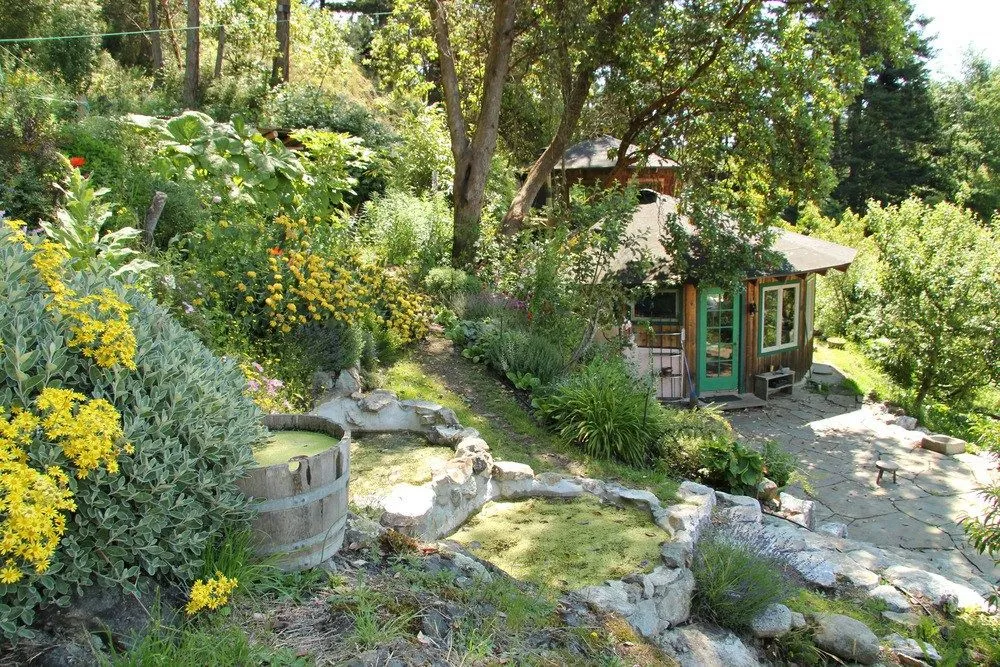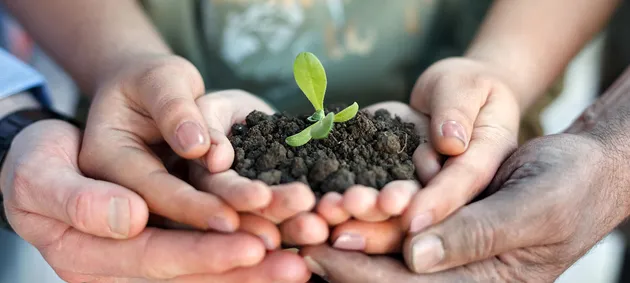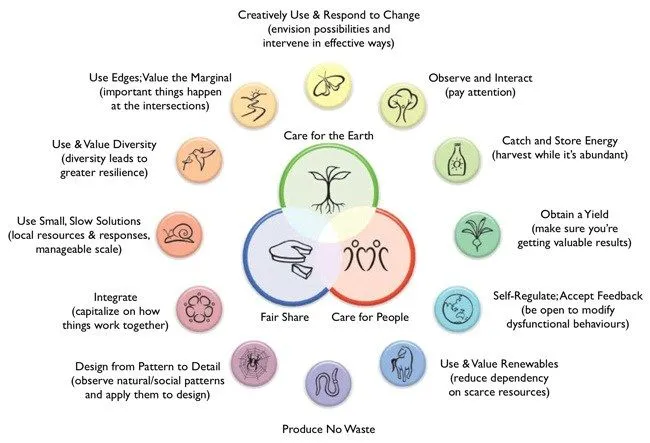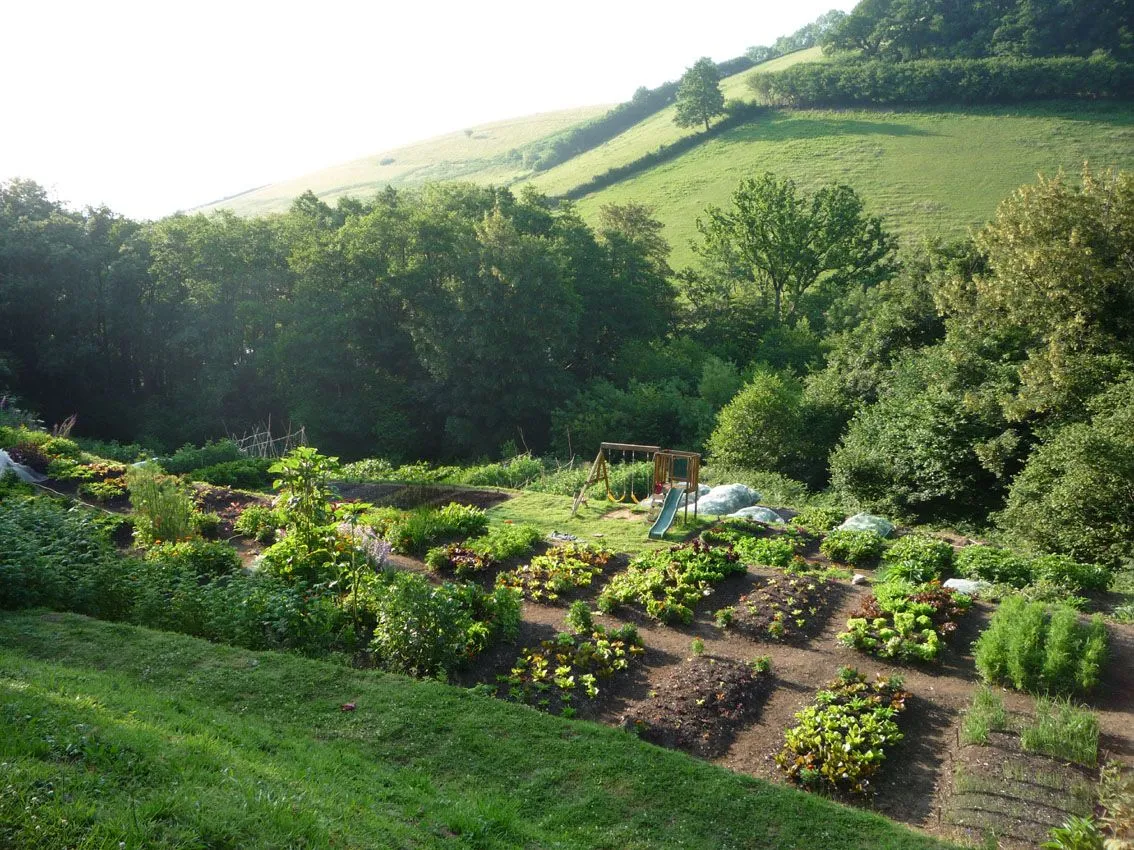
Permaculture is a creative approach based on the ideas of building life and work so that they are inspired by the function of nature, which is the most complex and perfect system, and of which we are part, the ideas of cooperation with nature, human approach to other people and the care of the next generations.
The principles of such a moral view can be embedded in all spheres of our lives: in our home, in home gardening, in obtaining food, building, obtaining energy, supplying water, reducing waste, working to earn money, social relations and finally our own health as species. These concepts are applicable in villages and cities.

Permaculture is a look at our own life morally close to the beliefs that people had in times before the development of today's civilization. The modern civilization, which we often celebrate for the entrepreneurial spirit, great inventions, and technological achievements, has introduced in the last half century the most strange attitudes about us and our relations with the world in which we live. Modern civilization is not permanent. Civilization, which is based on unlimited economic growth, meaningless consumption at all levels and which increases the exploitation of natural resources in conditions where more than half of those resources have already been spent, goes into a self-destruction.
Perma (nent) culture teaches us how to change the world, starting with ourselves, and how to adapt to the real conditions and limitations that exist in the world. The idea of permaculture is that we can be an active member of society, have a satisfactory income, a quality life and live healthily, and at the same time be in harmony with other people and with nature.

Permaculture has been developing for 40 years. Tens of thousands of people around the world are working to apply principles, strategies, and techniques of permaculture in their own lives. Thousands of books and brochures have been written. Tens of thousands of articles and videos have been recorded and recorded. Accumulated knowledge is enormous. The skill is to apply the principles and all that knowledge in personal life, in your own home, in your own family, in your own backyard, with your own neighbors, at your own workplace. This application of knowingly creating your own environment in a way that will enable us to live a normal life, and at the same time to bring the closest harmony with ourselves, with other people, and with the planet we live in, is called the permaculture design.

Permacultural technical solutions such as regenerative agriculture, gardening without digging, forest gardens or rocket stoves may be of interest to you. You may be interested in how to organize relationships with your neighbors so that you function as an effective and coherent community. Or you may be interested in how to survive if public infrastructure, from which you depend on your life, suddenly stop working! Permaculture is much more than can be said in few paragraphs but if you are interested to find out more you can read about David Holmgren, who was using systematic thinking, healed the traditional wisdom of all previous cultures of the world in a small number of permaculture principles in his book "Essence of Permaculture". And beware, once you discover these ideas, they can be contagious!
Peace Love and Light to All!
